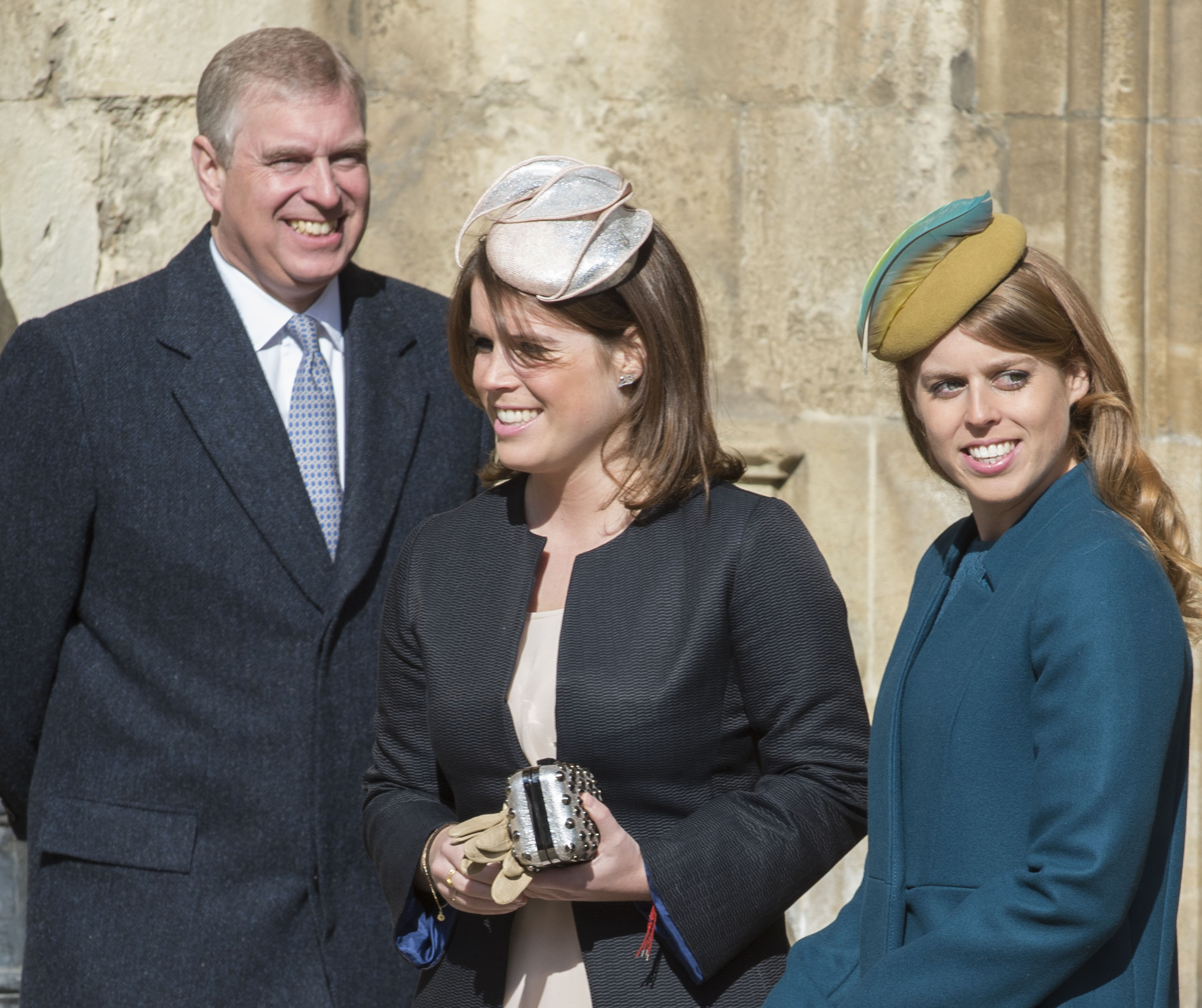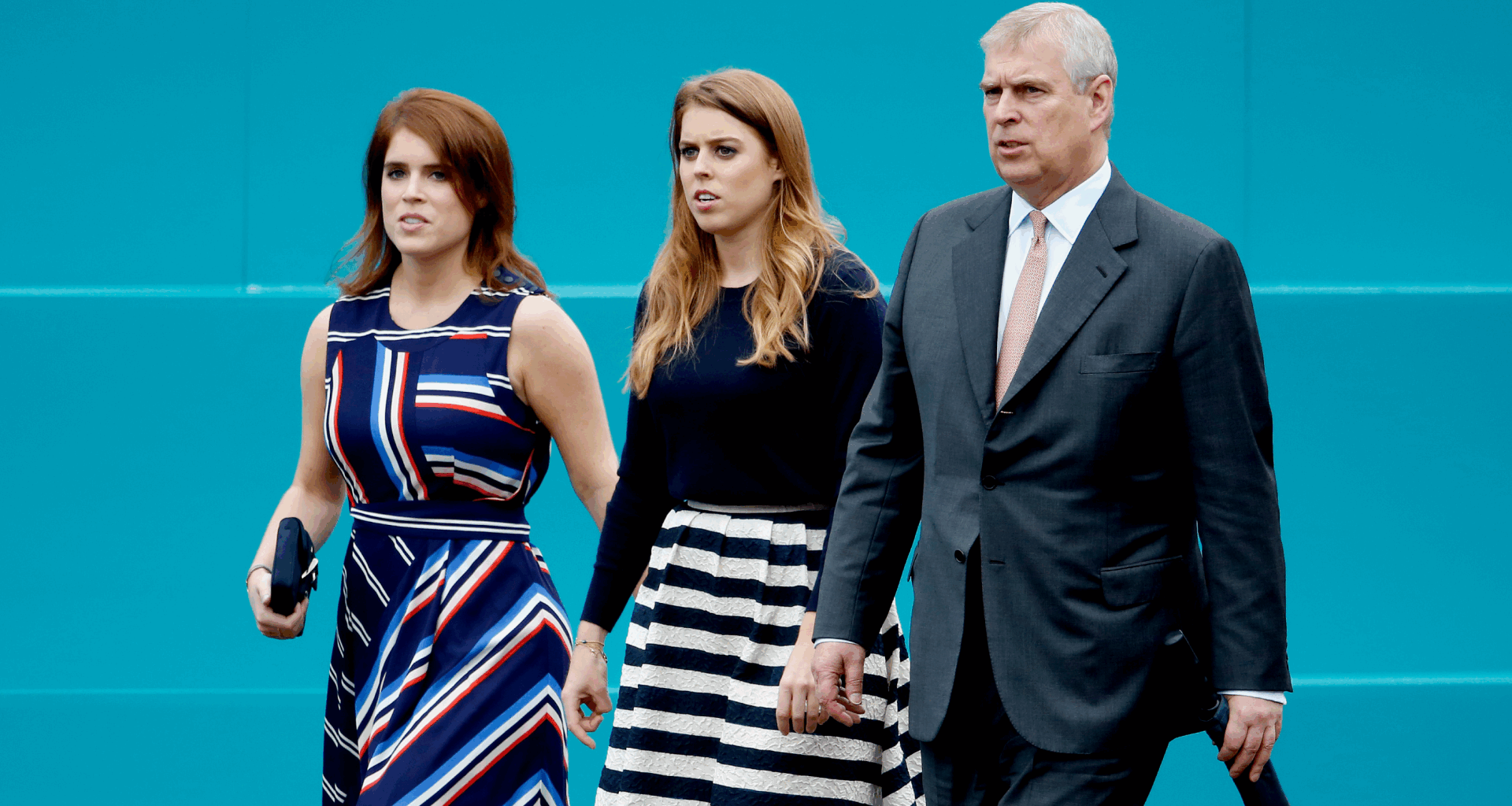On Thursday, October 30, King Charles made the unprecedented move to strip his brother, the former Prince Andrew, of all of his titles and honors, including that of prince. Now known as Andrew Mountbatten Windsor, the disgraced ex-Duke of York has been evicted from Royal Lodge and will be moving to the Sandringham estate in the near future. But in the wake of his downfall, there are many questions still swirling around Andrew, many of them involving his daughters, Princess Beatrice and Princess Eugenie.
Bowing and curtsying is an often-discussed part of royal protocol, and since he’s actually a commoner now, this means a big change is in store for Andrew. Speaking to the Daily Mail about Andrew’s new life, royal biographer Robert Hardman confirmed that “yes, he probably will” need to bow to Beatrice and Eugenie, who still have royal titles.
“They are still princesses and HRH because they are the children of the son of a reigning monarch,” Hardman said of Eugenie and Beatrice.
You may like

The former Duke of York is pictured with Princess Eugenie (left) and Princess Beatrice on Easter Sunday in 2013.
(Image credit: Getty Images)

Ex-Prince Andrew is seen with his daughters at Prince Harry and Meghan Markle’s wedding.
(Image credit: CHRIS JACKSON/AFP via Getty Images)
However, as the outlet reported, Hardman said the ex-duke “is unlikely to bow ‘happily’ and is likely dreading the moment that he will be publicly addressed as simply Andrew, rather than Prince Andrew.”
Although Andrew is facing a change in protocol when it comes to bowing, Hardman said The King probably won’t push for one major switch-up in the royal system. Currently, the former prince is number eight in the line of succession, and the royal biographer “noted that it would be rather unlikely that the line of succession would be modified in this instance.”
University of London law lecturer recently wrote in The Conversation that “such a step would also require the approval of the 14 other countries (including Canada, Australia and Papua New Guinea) that share the British monarch as their head of state”—a move that would take up precious governmental time to prevent a situation that would almost certainly never happen.
“If the point came where the only choice was to have Andrew on the throne, I think that would be the end of the monarchy,” Hardman added.
